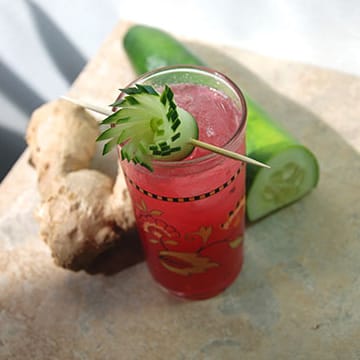During a recent dinner, my mom told me she thinks I’m going through a “phase of creative ferment.” What’s this? A self-discovery process where you’re exploring ideas and “letting something good bubble up,” she said. In the past 18 months I’ve worked with one of the most creative people in business and her most creative retail store, an MIT roboticist and her robotic furniture company, an award-winning retail pop-up company, and a number of other incredible entrepreneurs and artists. In that time I’ve also researched, analyzed, tested and written business plans for three or four different business ideas and brainstormed countless others. If this life moment isn’t a “creative ferment,” then I don’t know what is. Like champagne fermenting from fresh pressed grape juice, there are some good things bubbling up.
Since starting my own consulting practice, East Fourth Partners, I have come across dozens, maybe hundreds, of other freelancers in New York City doing everything from public relations to financial forecasting. Technology in 2014 has made it incredibly easy for people like me to open shop as a small professional services firm. I registered the domain and created a website on Squarespace, linked it to business email, calendar and documents infrastructure from Google, connected it to a blog on Tumblr, and with my cell phone and a coffee maker, I was up and running within a few days. Working from home, I spend about $150 a month on my business overhead. No wonder everyone is a freelancer of some sort in 2014.

One of Jeff’s concoctions: “Love and Happiness,” which includes blueberry, cucumber, ginger, lime juice, cinnamon-infused agave and gin.
As I’ve engrossed myself in the NYC startup scene, I have been drawn to the sharing economy and its links to the freelance economy. Now there are marketplaces where people can quickly and easily find a shared ride (Uber, Lyft), guests can find shared rooms (airbnb) and private chefs can prepare meals in customers’ kitchens (Kitchensurfing).
During the New Year’s Eve 2014 break, I met the founder of Kitchensurfing and, as it happens, a good friend of mine, Navlyn Wang, WG ’10 joined the company in late 2013. During that New Year’s Eve weekend, I stayed at a house full of entrepreneurs, many with cooking side hobbies. My contribution was a series of bespoke cocktails I made for the assembled crew—cocktails that I’ve been formulating since I first learned how to pour drinks during my college years. My recipes picked up steam when I was learning how to cook Thai and Indian dishes during my days as co-founder and executive chef of Coup de Taco. Now, most of my cocktails have fresh juices and syrups infused with exotic ingredients like lemongrass or cardamom. My friends are happy with the results.
In the past year, I’ve gone through the process of researching and writing business plans for two cocktail-oriented beverage manufacturing ideas. Each time, my excitement dissolved when I came across major barriers to entry, like working within a supply chain requiring refrigeration (such as for fresh juice for a nonalcoholic mixer concept), an extreme regulatory environment (for, say, premixed alcoholic cocktails) and high capital requirements (an entry barrier for both concepts).
Now, I want to embrace this sharing, freelance economy and create a profile on Kitchensurfing for myself as a private cocktail chef. It’s an experiment that will give me an inside look on the sharing economy ripe with lessons for my clients and for myself. I’m not sure whether this will turn into a scalable business, and I’m not sure whether I’ll find any customers on Kitchensurfing. (Navlyn warned me that, historically, the site has served chefs more than mixologists.) But the amazing thing is that with nothing more than a few photos of my cocktail creations, a list of recipes and a budgeting spreadsheet, I can be up and running on Kitchensurfing. There are no excuses for hesitation now.
























